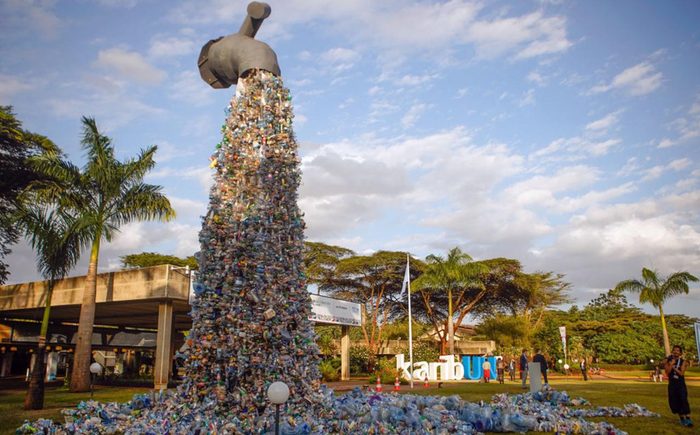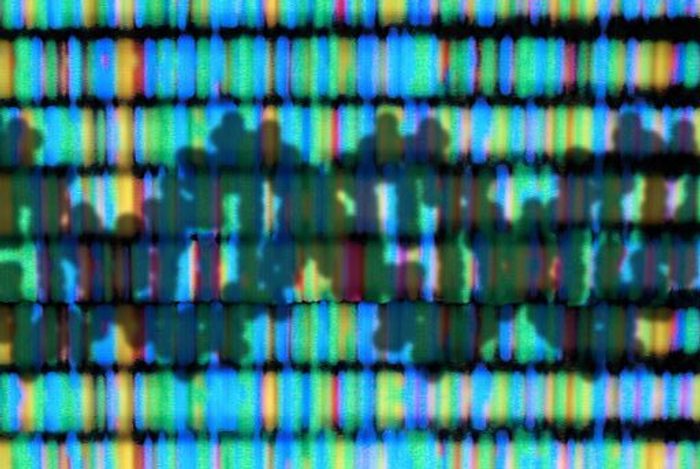|
Genomics has been a booming field for two decades now, and the sequencing of the human genome project.
A failure often spotted was that genomic databases, which are the basis for further research (on new therapies, for example), mainly contains information on genomes of people from northern occidental countries, therefore lacking worldwide diversity, with the consequence of the developed therapies to possibly not being applicable everywhere on the planet. This aspect has now been recognised, as shown by the project to sequence the genome of three million persons across Africa. Still, the ethical rules to correct the situation and expand genomic libraries by including data from people from the developing world, are not always followed, as describes a great article in UNDARK about a study led in Indonesia on indegenous people. Hopefully, lessons will be learned from that case.
Sadly, it seems that history repeats itself. In the field of research on the microbiome, this collection of billions of bacteria that live on and in our bodies, and might be linked to some diseases, neurological ones for instance. “Studies of human microbiome have ignored the developing world, potentially compromising treatments”, says a Science article (see below). “Without more samples from people in diverse locales, the full picture of microbes on and in our bodies will remain incomplete”, scientists warn.
“Human genomic science should not stop at merely satisfying our curiosity. It should also serve the poor and the marginalized. Otherwise, if history is any guide, it will lead only to increasingly extreme disparities between the Global North and the Global South”, writes the author of the UNDARK article.
Olivier Dessibourg, GESDA
|










